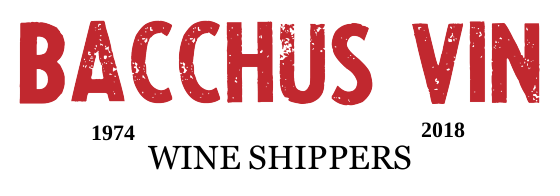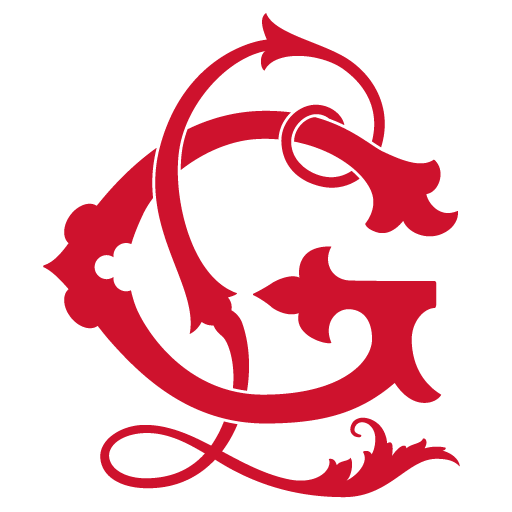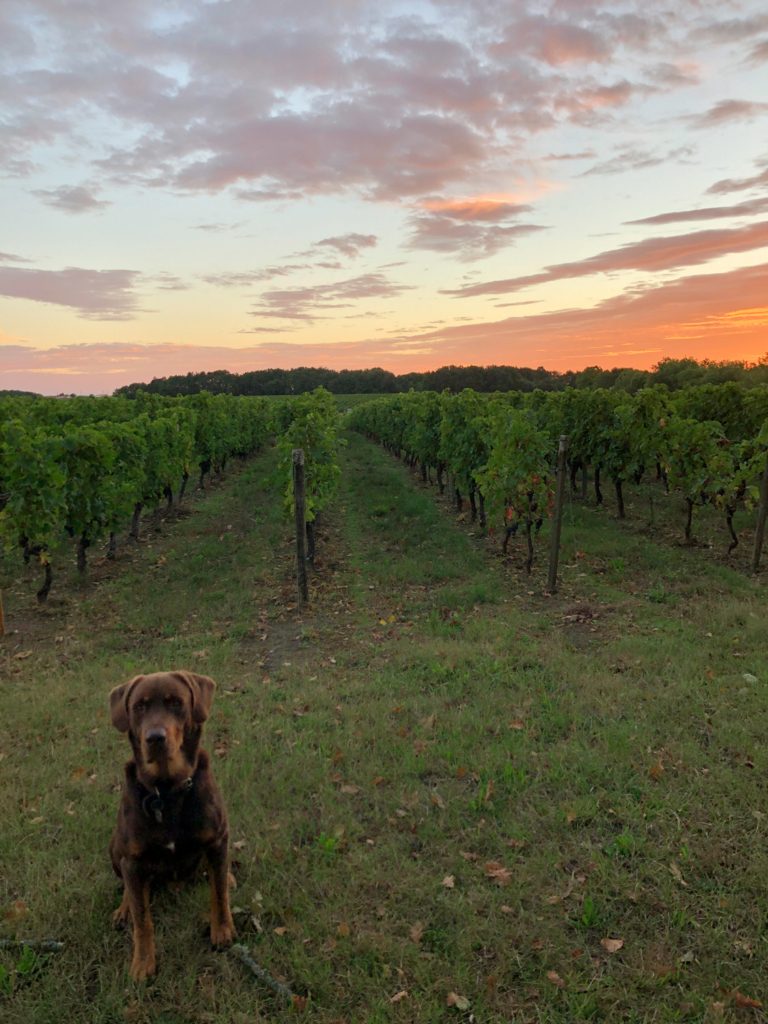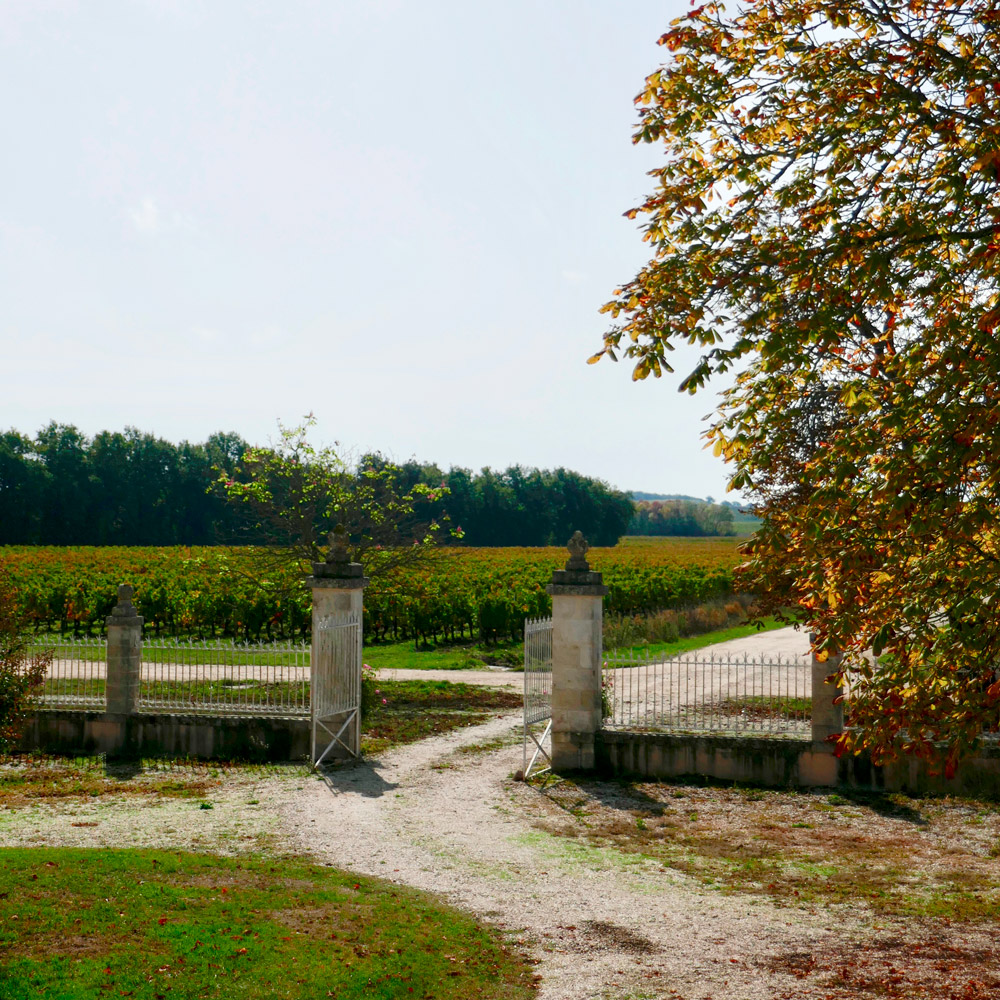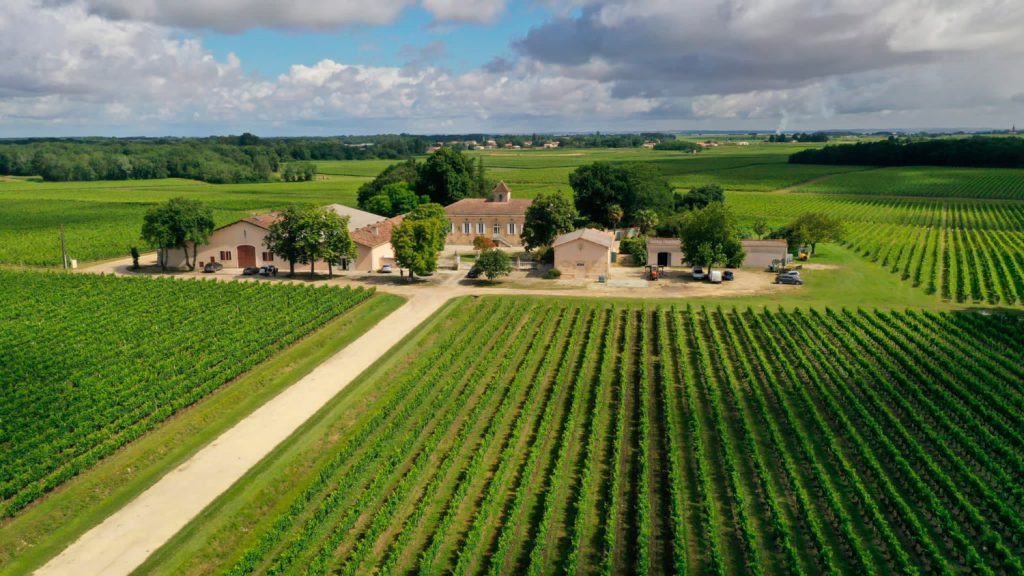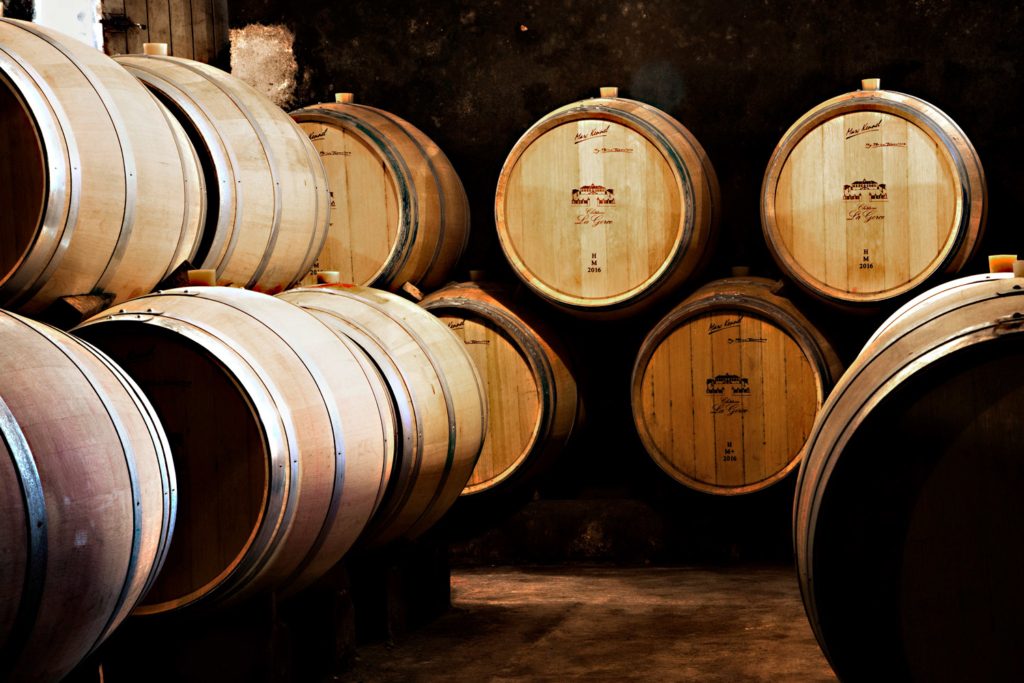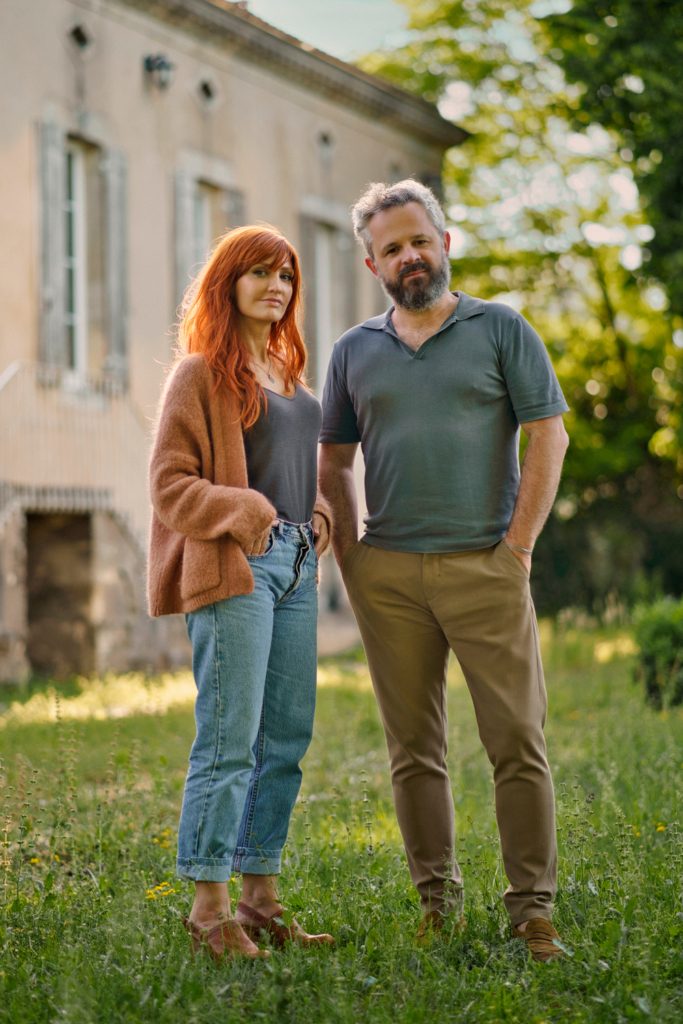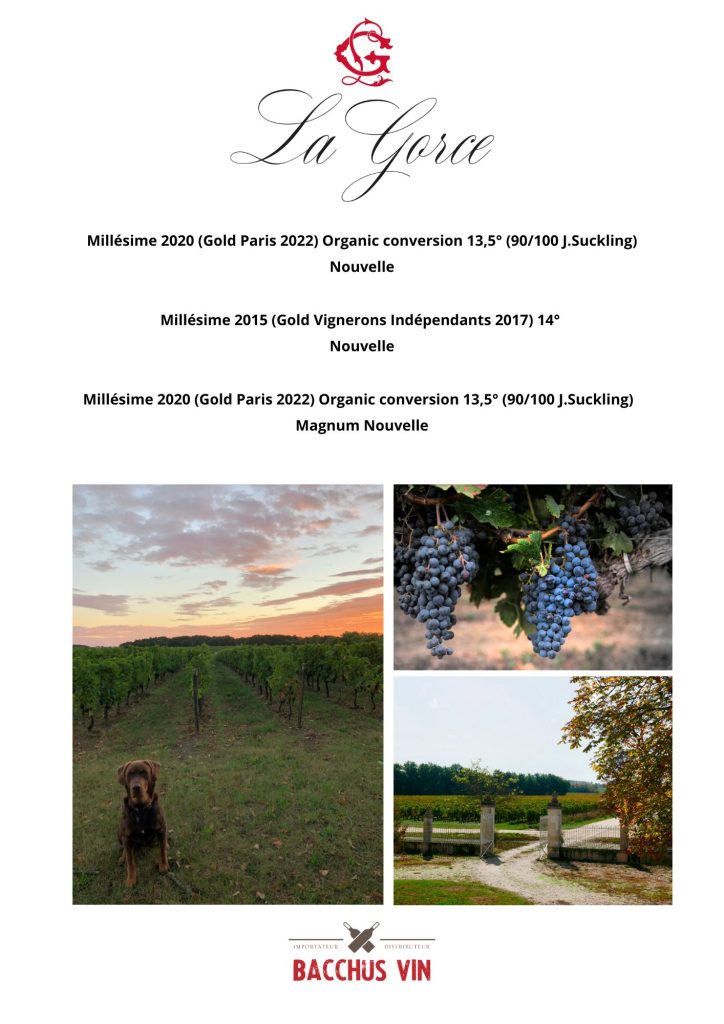If terroir were simply a piece of land, a soil made sacred by the passage of time and man, it would be little more than a setting elevated to the rank of talisman by magical thinking or the laws of marketing – which are often confused.
But this Médoc territory is of course more than just an invocation of its glorious past: firstly, because it has been reclaimed from the waters since Charlemagne, and even more decisively in the 18th century, when soil stabilization and the first afforestation sanctioned the victory of the land over the marshes, and of human ingenuity over natural fatalities.
Secondly, because this terroir, more than any other, has retained from its origins something of the sea, of salt; a memory of sea spray, as in those myths from all over the world where life springs up on an initial mound slowly emerging from the primordial waters…
The terroir of Château La Gorce, in the heart of the Bas-Médoc region so rich in history, is just that: the meeting of a land, a vineyard and a tradition. By this we mean the ever-renewed practice of a savoir-faire that can only be written in the future.
Gustav Mahler is quoted as saying: “Tradition is not the love of ashes, but the perpetuation of fire”. If there is a philosophy here, it is precisely that which illuminates the future in the light of the past.
It would be a mistake to see this as a desire to “rejuvenate” or an opportunistic desire to adapt to the zeitgeist.
Working organically is slower, more complicated and, contrary to popular belief, not necessarily environmentally friendly – at least not right away: doing without weedkillers means having to pass weeding machines between the vines, which initially leads to more polluting emissions…
But here, we’ve taken the gamble that this temporary mechanization is just the prelude to the establishment of a non-competitive plant cover for the vines, making it possible to maintain humidity, control runoff and, in the long term, do without rotary machines in favor of simple mowing – once or twice a year.
Anticipation also means celebrating tradition by adapting it to the constraints of the future – notably climate change.
As Emmanuel Martin puts it, it’s about “getting away from stagnation”, while at the same time cultivating an ethical concern for social issues: “working with fewer people, but retaining them by offering them decent working conditions.”
With no high-sounding watchwords or petitions of principle, we discover that solid historical knowledge, an awareness of the issues at stake and an intelligence of gesture are sometimes all it takes to produce elegant, racy wines – with no additives other than the winemaker’s intelligence and the drinker’s pleasure.
After some fifteen years’ experience as a wine merchant/owner in the Entre-deux Mers region, Emmanuel Martin comes from a long line of family winegrowers (his grandfather was at the origin of the French wine cooperative system). He also studied philosophy at Bordeaux University. As a result, he can boast an in-depth knowledge of all aspects of the wine business.
From this atypical background, he claims to have learned “market knowledge, the price of things, the true value of wines”, but also “what not to do”; he adds with a touch of humor.
Neither a conservative who clings to old-fashioned ways of doing things, nor a noisy agitator who wants to impose his ideas on the whole profession, he preaches above all for greater diversity in practices, as well as in mentalities.
At his side, Mana, who worked for many years in sales and marketing, is involved in the evolution of the existing range of La Gorce wines, and is imagining other products for the future, including a rosé cuvée that should hold a few surprises, as well as the development of new cuvées in amphorae.
The company’s bold collaborations with artists such as Clémentine Mélois and Pierre La Police, who illustrate the labels of the Rouge Intense and Rose Dada cuvées with humor and a certain quirkiness, bear witness to this.
But it’s also Château La Gorce’s entire identity that is being revisited and modernized this year, both visually and conceptually. An essential step for Mana and Emmanuel to demonstrate their commitment to transforming this estate in a very personal and resolutely forward-looking way.
-
Medoc Millésime 2020 (Gold Paris 2022) – Organic conversion – 13,5° (90/100 J.Suckling) Nouvelle
-
Medoc Millésime 2015 (Gold Vignerons Indépendants 2017) 14° Nouvelle Half bottle
-
Millésime 2020 (Gold Paris 2022) Organic conversion 13,5° (90/100 J.Suckling) Magnum Nouvelle
